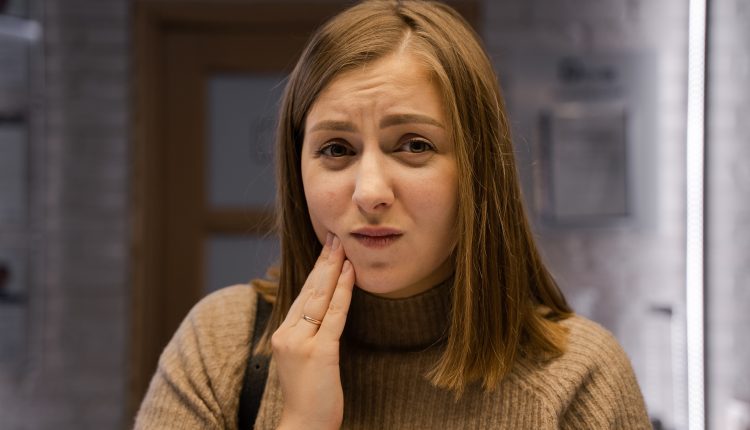Tooth Pain? Five Signs That It’s Time to See a Dentist
By Emma Sturgis
Visiting the dentist is nobody’s idea of a good time. But, more often than not, such a visit is necessary for maintaining good oral hygiene and overall health. Most people only go as often as they feel they have too, which is normally every six months. Occasionally, there may be unexpected problems with your gums and teeth that simply cannot wait for a biannual exam. Below are five signs that it’s time to stop stalling and see your dentist.
Tooth Sensitivity and/or Pain
There are several reasons you may be experiencing pain or sensitivity in your teeth. It could be something as simple as a cavity, or something more complicated, like an infection. But the only real way to know is to have a professional examine your teeth. A dentist can identify the source of any pain you’re experiencing and administer the appropriate treatment.
Bleeding and Sore Gums
A little bleeding is common after hard flossing or rough brushing, but long-term bleeding and sore gums could be signs of something more serious, like gum disease. Practicing proper oral hygiene is your first line of defense, but should that fail, it’s best to see your doctor for assistance. If left untreated, a specialist from York & Bay Dental Office reports that inflamed and sore gums can lead to serious gum and jawbone diseases like periodontitis.
Receding Gums
Aggressive brushing, insufficient dental care, or periodontal diseases are all factors that can affect your gum health. Receding gums may seem like a small issue, but they can lead to much bigger problems. When your gums recede, they leave gaps between your teeth. These gaps become a nest for bacteria to breed and multiply. If left untreated, a Hamilton emergency dentist says these bacteria can leave your gums and mouth severely—and sometimes irrevocably—damaged.
Cavities
One of the most common dental issues, cavities can normally be prevented with regular brushing. But if you do ever happen to develop a cavity, see your dentist as soon as possible. In addition to whatever pain you may be experiencing, leaving a cavity untreated can lead to more serious issues, such as the need for a root canal.
Pregnancy
Pregnancy often involves hormonal changes which may make gums more vulnerable to plaque, as well as more susceptible to inflammation. In addition to this, gum and periodontal issues have been associated with low birth weight in newborns.
Sometimes you may develop problems with your teeth and gums that simply cannot wait until your next visit. When these issues pop up, it’s best to see your dentist and resolve them as soon as possible. Remember, it’s always best to deal with a little discomfort now than a lot of pain later.


Comments are closed.